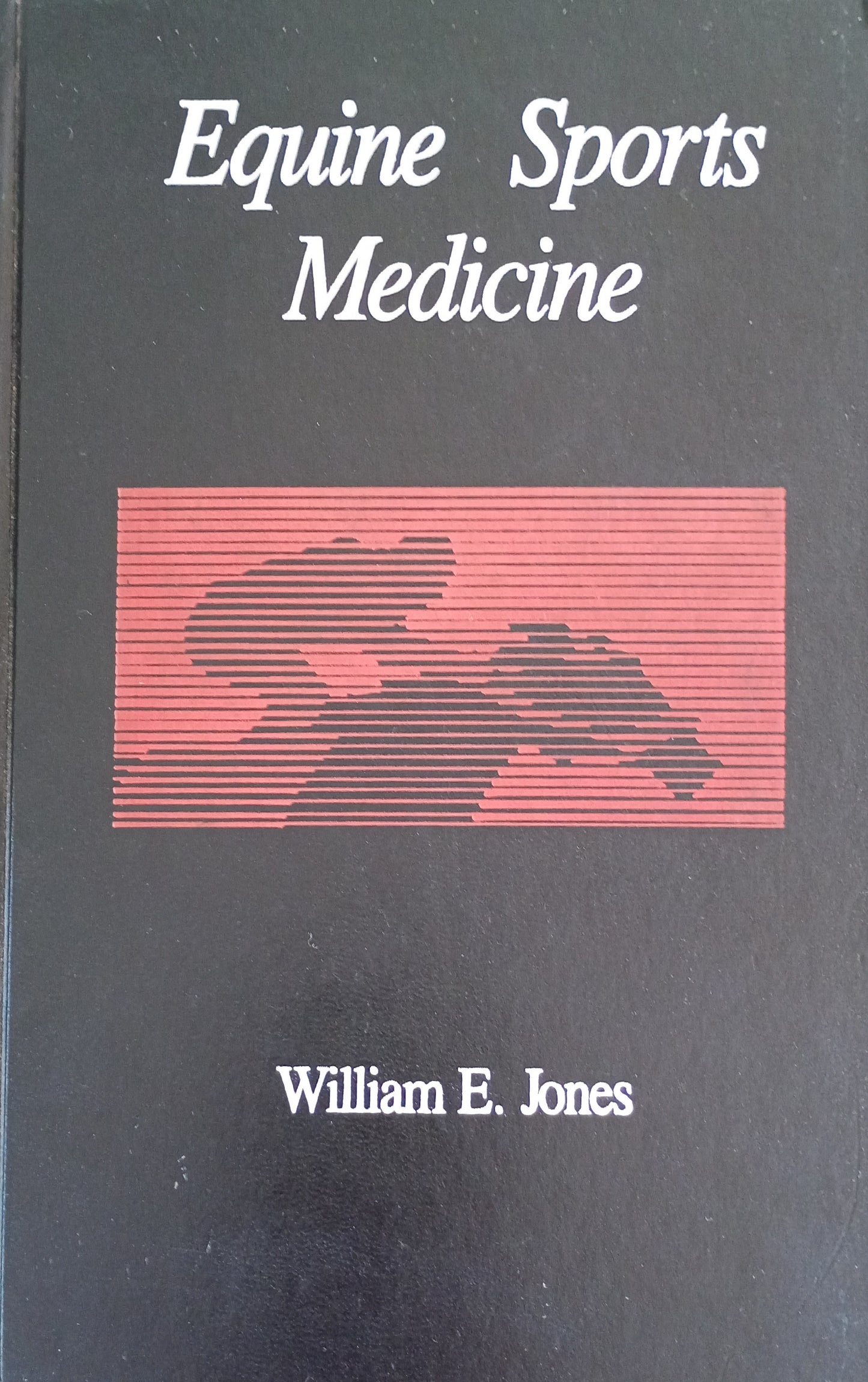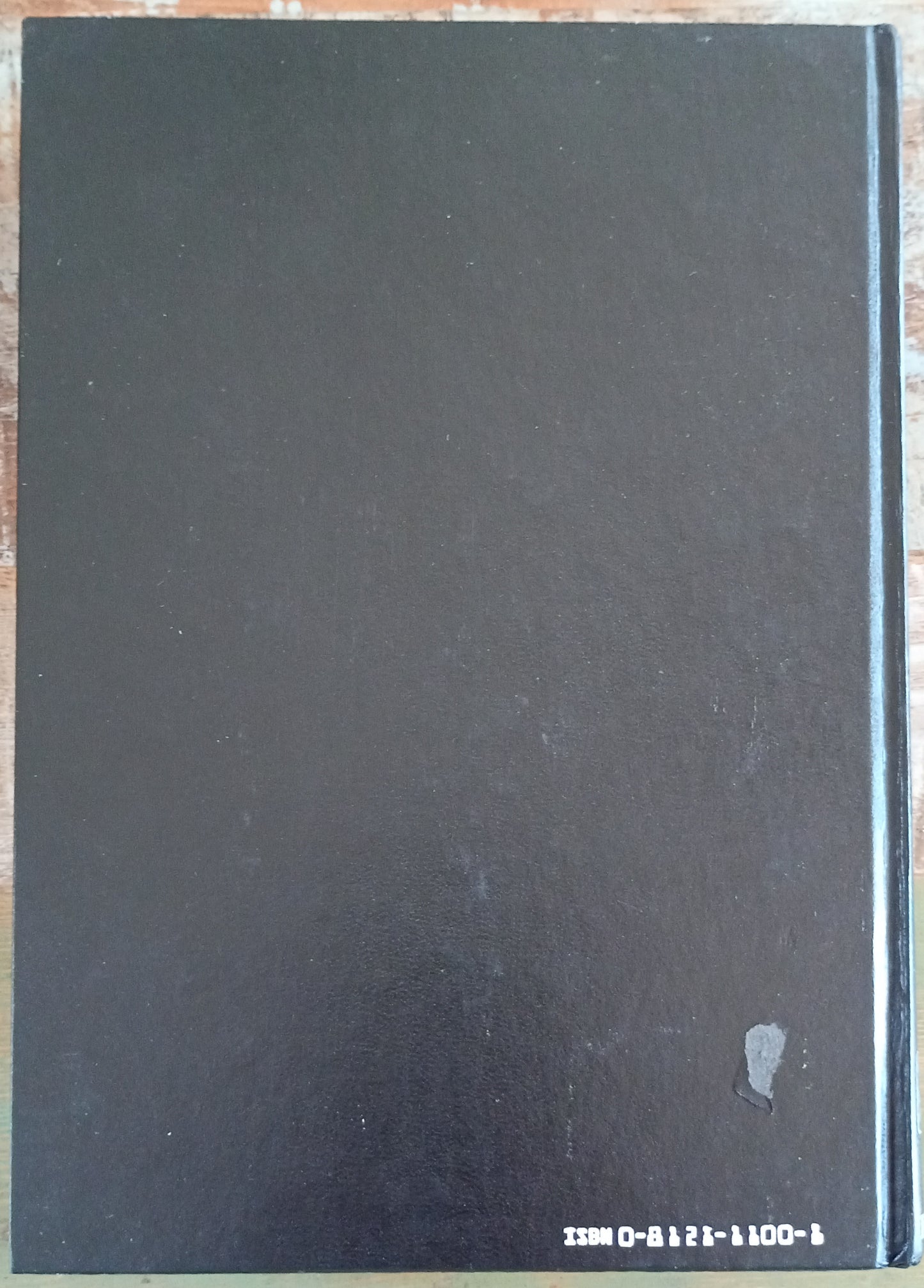Mangaiti Equine Books
Equine Sports Medicine
Equine Sports Medicine
Couldn't load pickup availability
William E. Jones.
Hardback, second hand, photos and illustrations.
Few things have made the impact on equine veterinary medicine that sports medicine seems to be making in the 1980s. The dicovery of penicillin and the advent of antibiotics had a tremendous effect on every aspect of medicine, including the care and treatment of horses, The subsequent development of general anes thesia machines for horses changed the nature of equine medicine and surgery. But I predict that within the next few years, sports medicine will effect a change in equine medicine that is more significant than any of these influences.
Techniques in sports medicine encompass therapy and prevention of athletic injuries. Be cause the horse is one of the most outstanding athletes in the animal kingdom, athletic inju ries are a principal part of equine medicine and surgery. New types of therapy include arthros copy, electrical stimulation of healing, and hyrotherapy. Preventive techniques include the development of monitoring devices to assess conditioning. Diagnostic techniques include altrasonographic evaluation, thermography, gait analysis, and many other innovative proce dures.
The greater level of knowledge regarding exercise physiology of the horse, however, is one of the most exciting aspects of sports medicine. Learning about exercise physiology is learning medicine. We are learning about mus cle metabolism, respiratory changes during running, circulatory changes in exercise, com pensatory cardiac responses with conditioning, and changes of the bones, tendons, and joint cartilage with conditioning. With this knowledge comes a better understanding of the natural limits of our athletes. We can even predict at what point breakdowns will occur. We can measure physiologic changes with conditioning, one day we hope we can accurately. predict the speed and distance a horse can run at its particular stage of conditioning
This book was written because of the in creasingly important role that equine sports medicine and exercise physiology is playing not only in equine veterinary practice, but also in the activities of professional horse trainers,
William E. Jones



